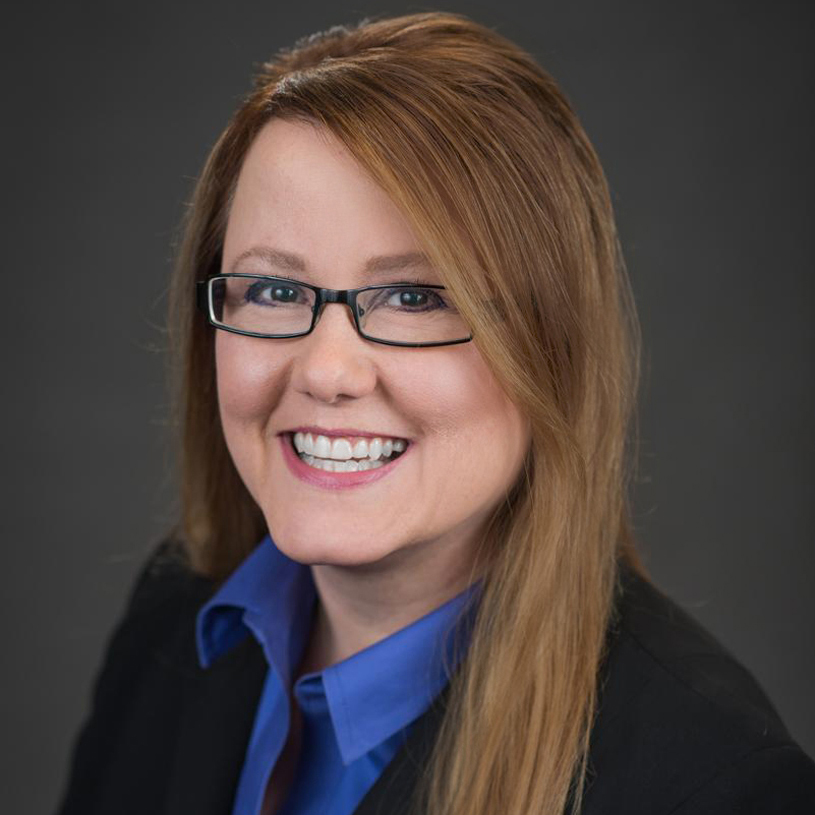
Results of a new survey drive home the complexity of workforce shortages and point out how solving them could address other business challenges.
Fifty-seven percent of Americans believe that there aren’t enough professional caregivers, and 51% say that it is difficult to find professional caregivers, according to the results of a recent survey by CVS Health and The Harris Poll.
The results noted in the National Health Project: Month 11 Report came from an online poll conducted Dec. 22-27 among more than 2,000 Americans aged 18 or more years. The arising data were weighted to ensure that the results could be projectable to the US population.
Although the survey wasn’t limited to long-term care, respondents certainly convey consumer perceptions of a worker shortage known as all too real for those who work in long-term care.
But those involved with the research point out that without enough professional caregivers available, “the burden of caring for loved ones” is “on the shoulders of Americans of all ages.”
Some of those burdened individuals could be your employees, caring for an aging parent (35% of Americans who consider themselves caregivers), a partner (17% of those under 60 and 38% of those 60+) or a child (40%).
And their caregiving responsibilities outside of work could affect them at work — ultimately affecting your business.
Overall, 37% of survey respondents who consider themselves caregivers reported having had to quit their jobs or cut back on hours due to their caregiving responsibilities. Broken down by generation, the rate is 57% for Gen Z/young millennials, 49% for older millennials, 30% for Gen X and 11% for baby boomers.
Regardless of their employment situation, 49% of survey participants who identify as caregivers (paid or unpaid) said they somewhat or strongly agree that their mental health has suffered because of it, 45% said that caregiving is detrimental to their physical health, and 32% said that their work-life balance has suffered doe to a shortage of caregivers.
Respondents also reported having to give up hobbies, seeing friends less, and falling behind on their financial priorities and budgeting.
Those involved with the research suggest that one of its lessons is the importance of flexible work schedules and fringe benefits that provide caregiving assistance. On top of resulting in less stressed employees, those offerings could yield more favorable business costs.
I’d add that another lesson is that communities that are able to be appropriately staffed with competent workers may see improved worker morale and productivity, and as workers realize a better quality of life, those who are caregivers outside of work may more easily be able to remain in and focus on their jobs. So in a circular way, by addressing its workforce crisis, senior living may address its workforce crisis.
Lois A. Bowers is the editor of McKnight’s Senior Living. Read her other columns here.

